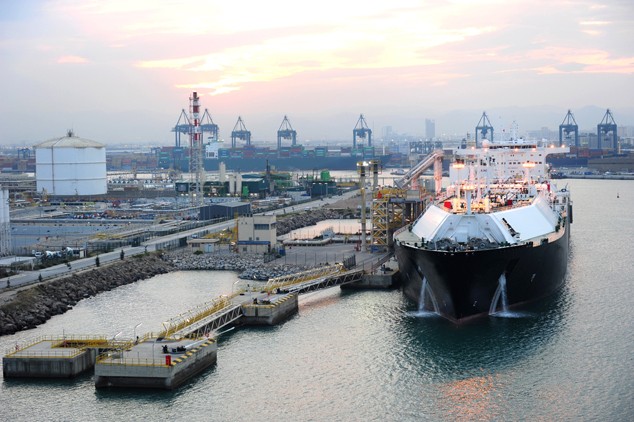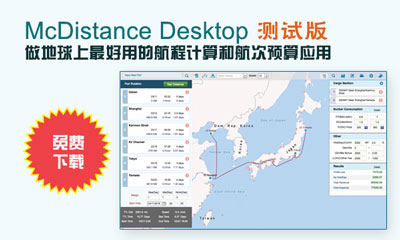
Image (c) Shutterstock/Nadja1
(Bloomberg) — The rally in rates to ship liquefied natural gas may end as winter demand subsides and a shortage of cargoes curbs trading to profit from the price gap between Europe and Asia.
Spot rates were unchanged this week at $127,500 a day, according to shipbroker Fearnley LNG. Earnings to transport one- off cargoes rallied as much as 16 percent since November. One- year charters cost $117,000 a day, lower than at any time last year, figures showed.
While prices for the fuel in Asia are high enough to make trades profitable, there are few cargoes available, according to DNB Markets. A wider difference between traders’ bids and offers has resulted in few bookings, according to Fearnley. Rates could reverse gains as winter ends in the biggest importing countries in Asia, according to Arctic Securities ASA.
“It seems that the sentiment is somewhat softer at present,” Erik Nikolai Stavseth, an Oslo-based analyst at Arctic, said in an e-mailed report today. “Rates could slide as we move out of what seems like an extremely tight winter market from a volume perspective.”
Short-term rates tend to affect share prices for LNG ship owners, especially companies whose vessels are competing for one-off cargoes, DNB analysts led by Nicolay Dyvik in Oslo said in an e-mailed report today. The bank remains positive on the long-term market and the companies because of asset values and income from long-term charters, according to the analysts.
Frozen Fuel
The frozen fuel costs $6 more per million British thermal units in Asia than in Europe, DNB said, citing figures from Argus Media. That’s more than the $3.50 gap needed for trades to be profitable, which could create demand for all available LNG tankers, the bank estimates.
Nuclear outages in South Korea and demand from Argentina and Brazil will probably keep prices high and trades profitable for the rest of the winter and possibly into spring, according to DNB. With few cargoes available, the market depends on existing facilities maintaining exports, the analysts said in the report. New production plants in Algeria and Angola starting after delays would contribute to strong summer demand, they said.
- Isaac Arnsdorf, Copyright 2013 Bloomberg.



